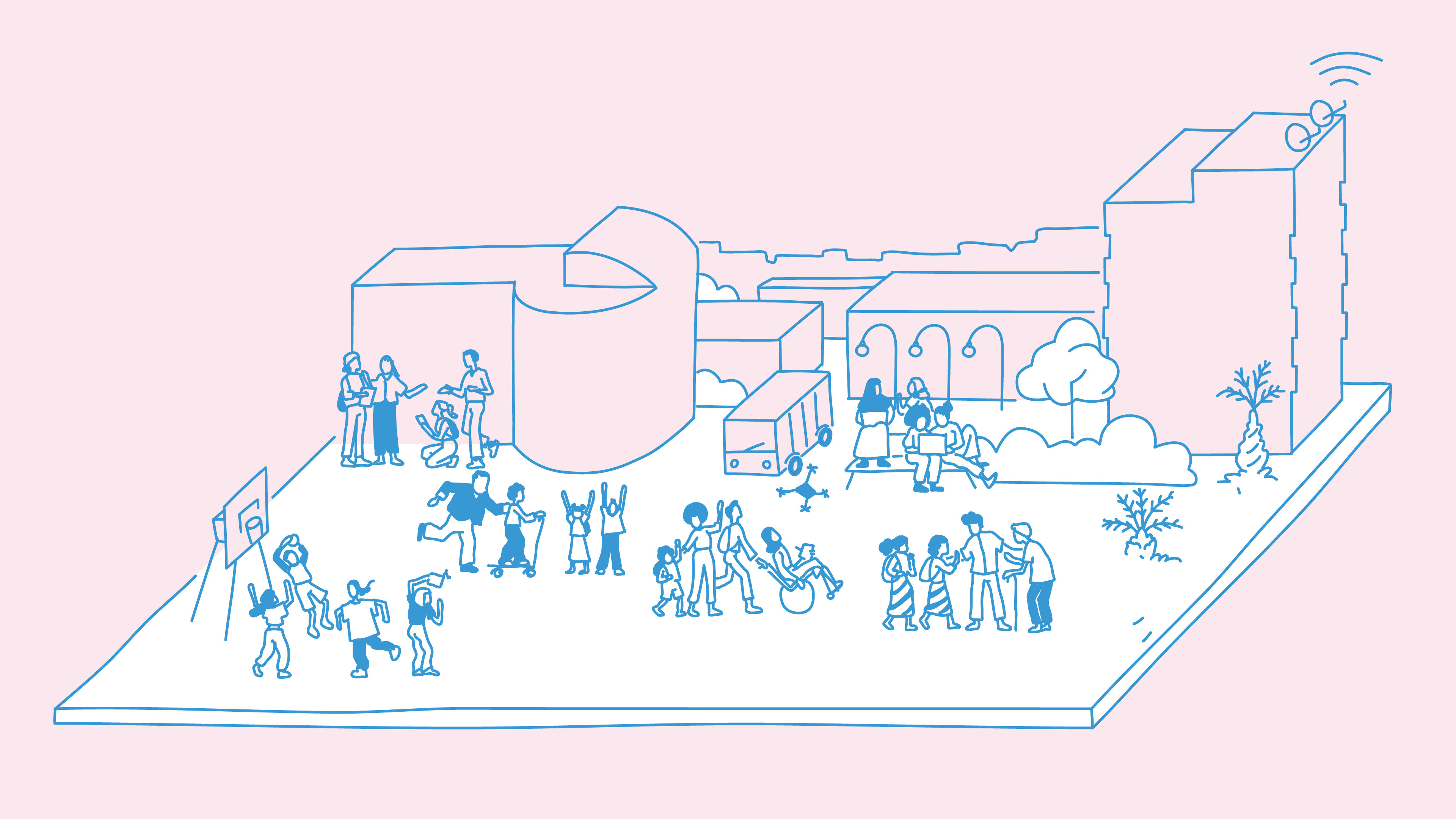By Marcel Tanner, Board Member and Chair of the Philanthropic Committee, and Alex Schulze, Chief Programme Officer and Acting CEO
The philanthropic sector has undergone a profound transformation in recent years. Long-held assumptions about the problem-solving potential of linear interventions and the effectiveness of charitable giving have been challenged. Instead, there is a greater awareness of the complex interplay between social, environmental, economic, and political challenges, a stronger sense of the importance of reflexivity among philanthropic donors, and a greater demand for philanthropic accountability and legitimacy. Consequently, forward-thinking philanthropic organisations are applying a more systemic approach to their philanthropic activities. This involves combining certain flexibility, risk-taking behaviour and trust-based funding with a long-term outlook and, increasingly, participatory approaches.
In 2022, after five years of operation, we took the opportunity to take stock of our strategy, management and grantmaking processes, and results to date. We commissioned the first independent evaluation of the organisation to inform our future strategy, further develop our approach to grantmaking and strategic learning and evaluation, and ultimately how we contribute positively to young people’s wellbeing.
As a result, the revised strategy, ‘Pathways to young people’s wellbeing’, provides an additional focus that will guide our philanthropic engagement over the next six years. It will contribute to enabling conditions for young people’s wellbeing, particularly in low- and middle-income countries (LMICs). This refinement of the strategy involved a closer look at others in the philanthropic sector with external analysis accompanied by deep internal reflection and alignment. In 2023, we reviewed and refined the strategy to focus on more specific themes and fewer geographies. This was underpinned by a set of working principles (see illustrations below) that guide our work. These include a relational approach to wellbeing and enabling meaningful youth participation. We also determined a set of engagement modalities, including policy, stakeholder engagement and venture philanthropy, that speak to our systems’ lens.
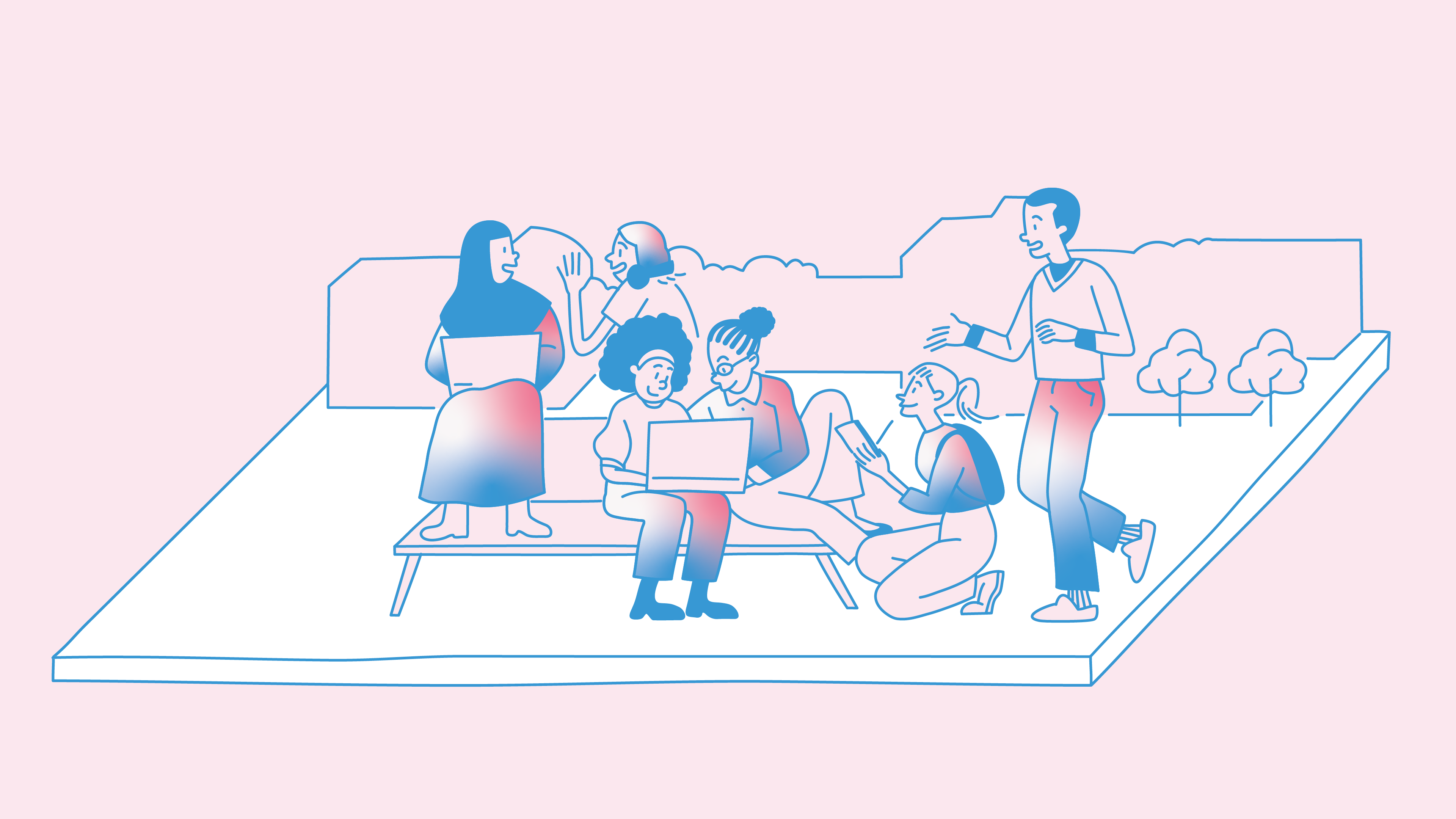
We undertook targeted consultations with young people who have valuable knowledge and experience in the relevant thematic areas for their input – we acknowledge that this was limited, but it is important to further build on the organisation’s experience and practice of listening better to young people to understand their needs, ideas and the work they are already engaged in or leading. We are pleased to share our refined strategy with two key areas – the first is investing in biomedical research for child and adolescent health, as this field is still largely unfocused on their specific needs. The focus lies on research that translates scientific results into real-world practice for the benefit of young people’s health worldwide.
The second area is about working with and for young people from all backgrounds to contribute to a world that supports their wellbeing and respects, protects, and fulfils their rights. We focus on the challenges and opportunities in the urban and digital spaces where young people live, learn, work, connect and play. This enables us to create conditions that are conducive to young people’s wellbeing, focusing on eight countries: Romania, Ecuador, Colombia, Senegal, Ghana, Tanzania, Indonesia, and Vietnam.
The term ‘spaces’ refers to the physical, social, and symbolic environments in which social interactions take place. It includes both physical places and conceptual spaces in which social relations and structures are formed and understood. Both urban and digital spaces facilitate social interaction and connectivity. In both urban and digital environments, individuals and communities actively seek to create or transform a space into a meaningful place with identity and a sense of belonging for the people who use it. We can also see that the boundaries between urban and digital spaces are blurring as digital technologies permeate physical spaces and online experiences influence offline realities. Furthermore, both spaces serve as platforms for self-expression, identity exploration and construction, and provide opportunities for mobilisation and alignment. At the same time, it is clear that power dynamics, inequalities, discrimination, and abuse are evident in both spaces and strongly shape how young people experience, access, and use their spaces.
We have chosen to focus on these two spaces because we recognise that urbanisation and digitalisation are major trends of the 21st century. They present opportunities and threats for young people.
These trends offer young people both opportunities and challenges. Urbanisation and digitalisation offer young people greater access to education, quality health services, economic opportunities, and connectivity. However, there are also risks. These include the digital divide, online harassment, urban inequalities, inequality in the quality of education, and unhealthy lifestyles that can affect young people’s wellbeing, especially their mental health.
To address the challenges and seize the opportunities in these two spaces, we have identified four interrelated areas where we believe we can make the biggest difference:
- Enabling liveable and sustainable city systems for well-functioning city systems through local community-led processes and by promoting youth-led city partnerships.
- Enabling a human rights-based digital transformation for an inclusive and equitable digital future for young people with robust, effective, human rights-based governance of digital technology, data and AI, balancing protection, promotion, participation and access to data, digital goods and infrastructure.
- Promoting mental health to create favourable conditions that support the mental health and wellbeing of young people today and have a positive influence on their later lives.
- Strengthening quality public education to enhance learning outcomes and prepare young people from all backgrounds for the world they will become citizens of and graduate into while ensuring a safe, nurturing, and enjoyable learning journey.
We are developing a portfolio of projects and activities for each of our four themes that build on our existing work, harnessing the opportunities and mitigating the challenges of both trends. These include digital literacy programmes, equitable access to technology, and policies to address urban inequalities, safety, and the mental wellbeing of young people.
Our strategic learning and evaluation approach allows us to better understand the impact of our work, who it benefits, how it is delivered, and how we can improve. This will be achieved by analysing the effects of our thematic portfolios to see if they align with the changes we aim to contribute to, as well as analysing the effects of applying our working principles to improve the way we work. Ultimately, we will gain a deeper understanding of the changes in young people’s overall wellbeing in the contexts we work in. Feedback loops and continuous learning will play a crucial role in informing the strategy as it is implemented.
And that includes feedback from and learning with you, our community and partners – join us as we navigate the pathways to positive change, guided by innovation, empathy, and a relentless dedication to creating a brighter future for young people now and generations to come.
Working principles
A set of working principles guides our philanthropic work and partnerships. These express our approach to how we can best contribute to creating the conditions for young people’s wellbeing:
Relational Wellbeing: Our work and activities are guided by an approach that emphasises the relational aspect of young people’s wellbeing, recognising that young people’s wellbeing is constituted by material, economic, socio-cultural, and political, as well as environmental conditions and social relationships.
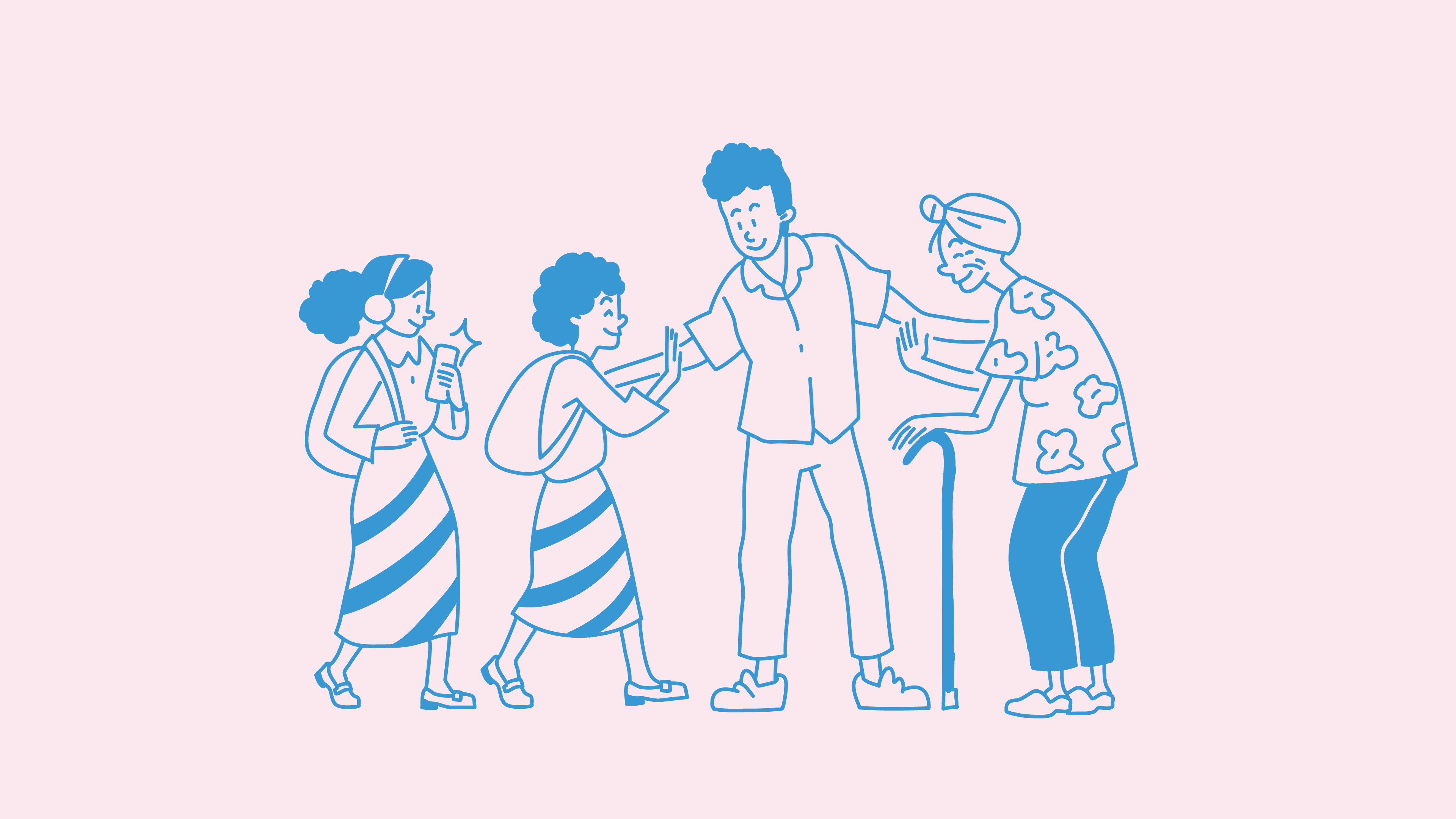

Systems view and practice: Recognising wellbeing as a process and a dynamic interplay between personal, social and environmental relationships leads us to a systems view and practice.
Long-term commitment and trusted partnerships: Closely related to this systemic view is a commitment to flexible, long-term engagement and trusted partnerships. Working towards systemic change requires time, sustained effort, and commitment from all stakeholders.
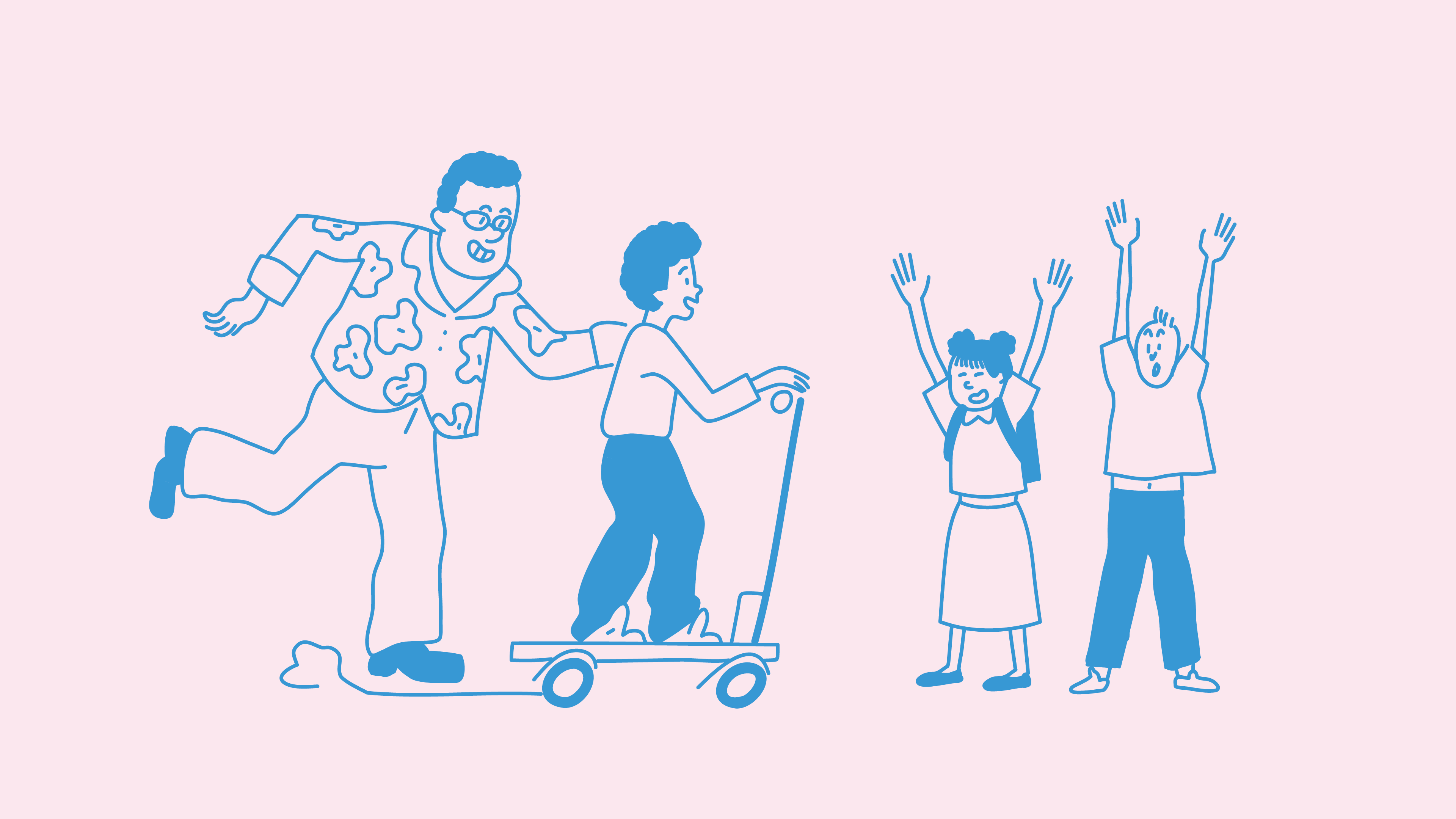
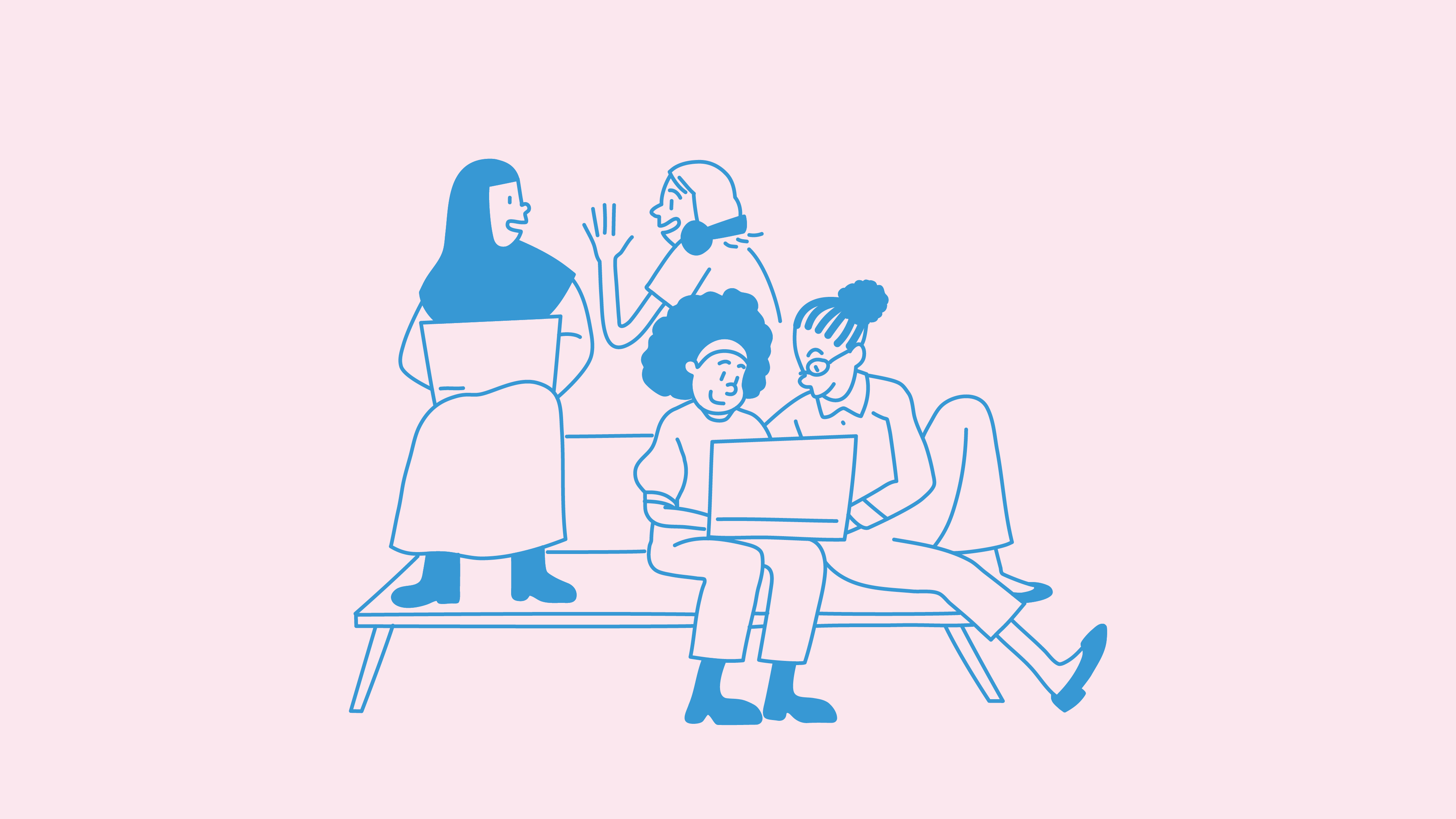
Evidence and collective learning: We recognise the need for adaptation and adjustment and emphasise the importance of evidence and collective learning. We adopt an evidence-based approach to strategic decision-making and continuous learning at all levels.
Human rights: Our commitment to young people’s wellbeing is also underpinned by our commitment to a rights-based approach to our work. Human rights, including the child’s rights, are formally recognised under international law.
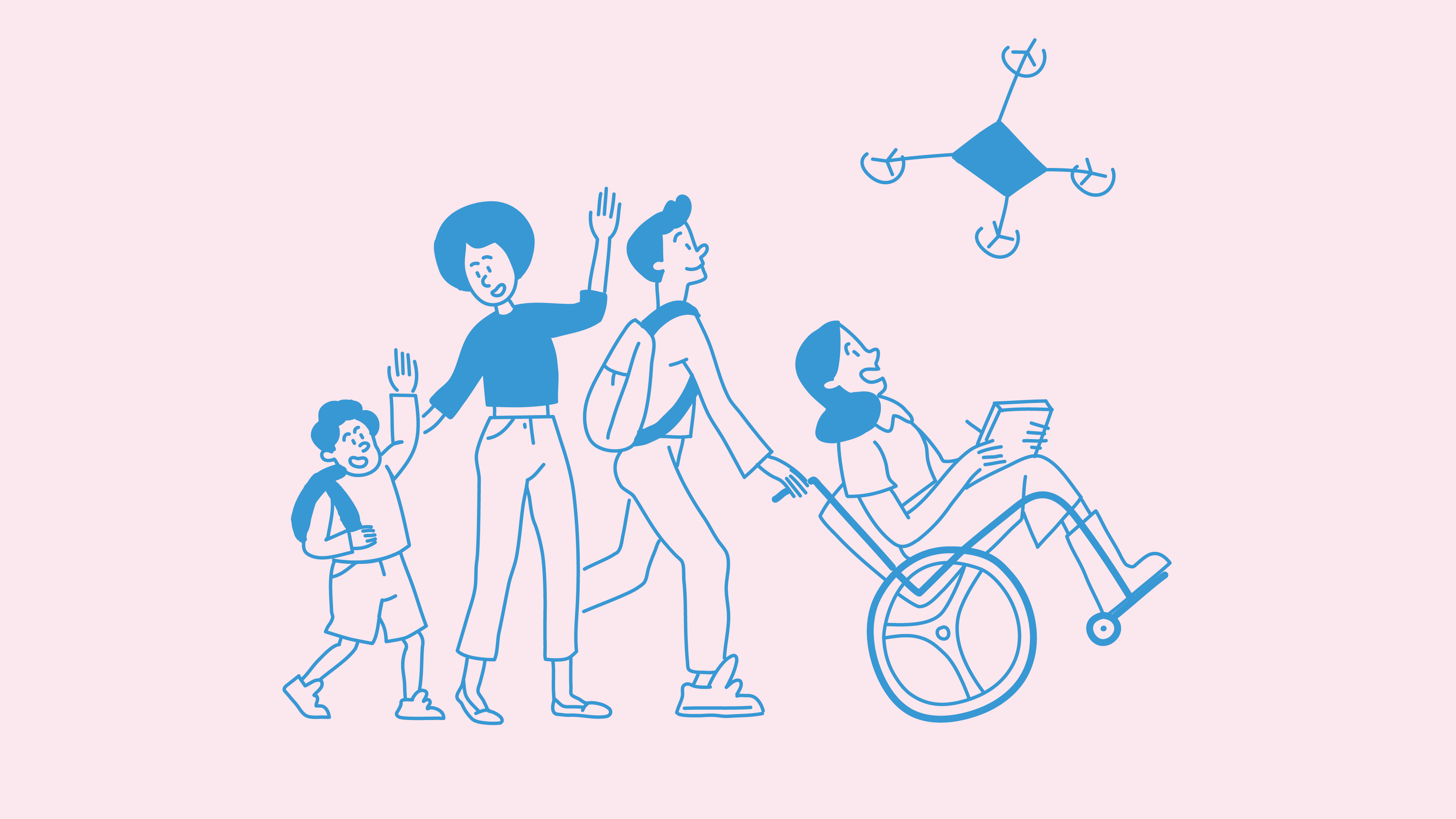
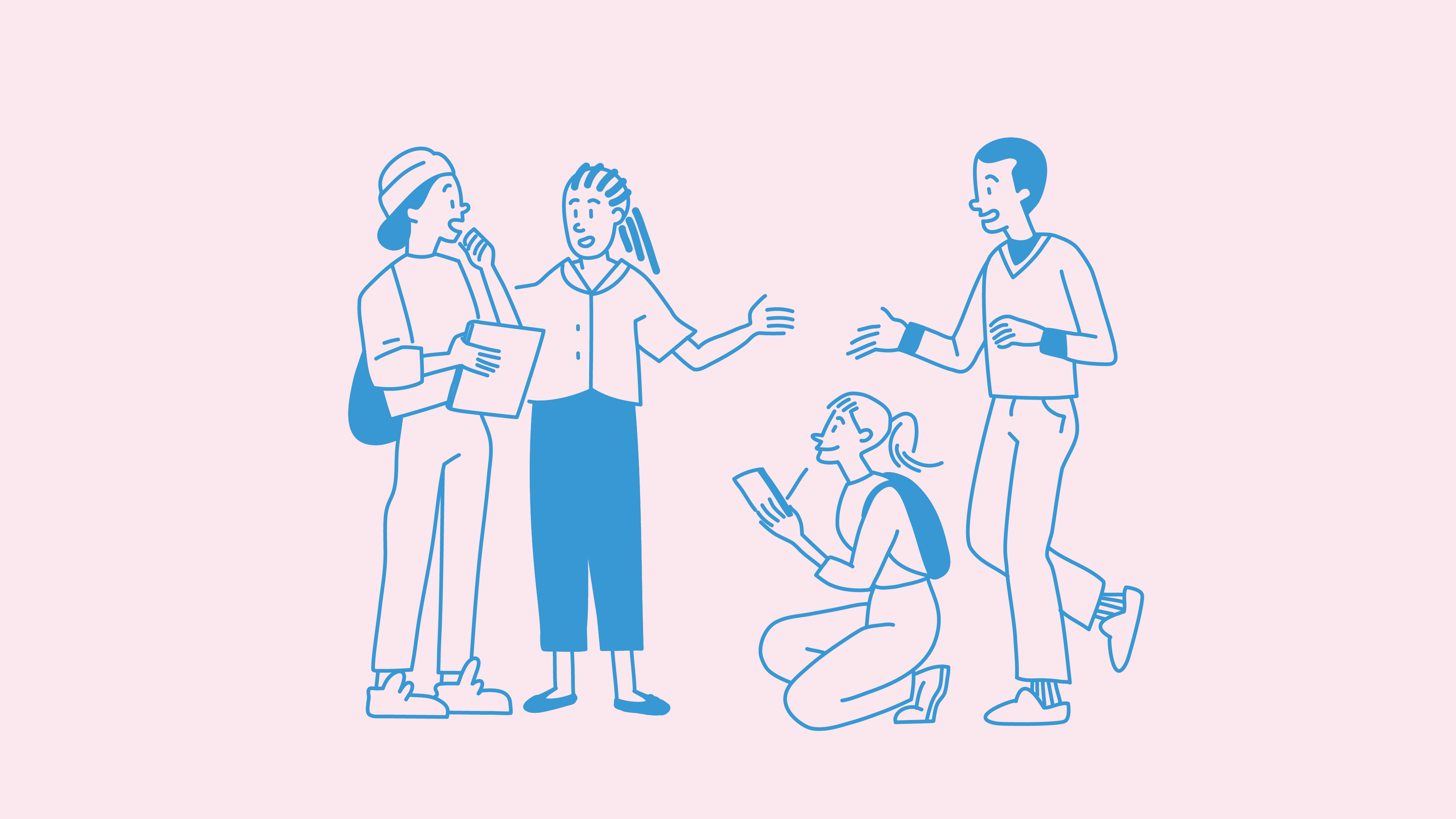
Meaningful youth participation: Our commitment to human rights implies a responsibility to promote and enable the meaningful participation of young people. We are committed to exploring how their perspectives and actions can be channelled in partnership to maximise their influence on the laws, policies, services, budgets, strategic priorities, and programmes that affect their lives.
Read more on our factsheet here.
